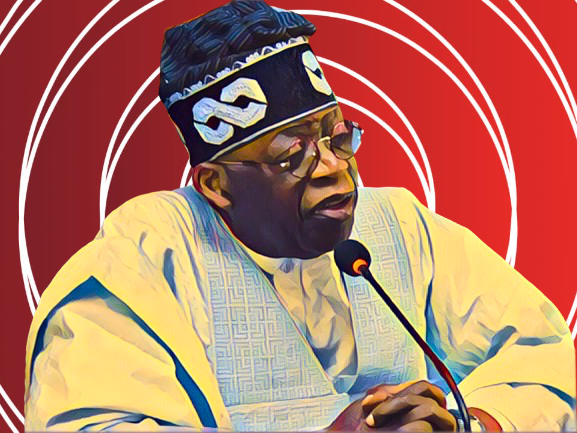Amidst global discussions on vaccine equity and self-reliance, Nigerian politician Bola Tinubu has urged international partners to collaborate with Nigeria in vaccine production. Tinubu, a former governor of Lagos State, emphasized the need for mutual cooperation during the 11th Vaccine Alliance (Gavi) meeting in Oslo, Norway.
Tinubu highlighted Nigeria’s potential as a hub for vaccine production, citing the nation’s large population and skilled workforce. He emphasized the importance of empowering local industries to contribute to global vaccine manufacturing efforts.
The call comes at a crucial time when many African nations are grappling with limited access to COVID-19 vaccines. Nigeria, with its vast population, has faced challenges in securing an adequate supply of vaccines to immunize its citizens.
Tinubu’s plea aligns with recent global efforts to bolster vaccine production capacity in developing countries. The World Health Organization (WHO) has emphasized the importance of diversifying vaccine manufacturing beyond a few high-income countries to ensure equitable access worldwide.
Experts assert that investing in local vaccine production can enhance vaccine access, reduce dependency on imports, and strengthen public health infrastructure. Nigeria, with its burgeoning pharmaceutical industry, holds significant potential to contribute to global vaccine manufacturing efforts.
Despite challenges, there is optimism that collaborative efforts between Nigeria and international partners could pave the way for increased vaccine production capacity in Africa. By leveraging resources and expertise, stakeholders aim to address existing disparities in vaccine access and foster self-sufficiency in vaccine production.
The African continent has made strides in vaccine development and production in recent years. Initiatives such as the African Union’s Partnership for African Vaccine Manufacturing (PAVM) seek to enhance local vaccine production capacity and reduce reliance on external sources.
Tinubu’s call for collaboration underscores the importance of inclusive partnerships in addressing global health challenges. By working together, nations can harness collective strengths to ensure vaccines reach those in need, regardless of geographical location or economic status.
As discussions continue on enhancing vaccine production capacity worldwide, Nigeria stands poised to play a significant role in advancing vaccine accessibility and equity. With concerted efforts and commitment from all stakeholders, the vision of a world free from preventable diseases can become a reality.
Source: Tribune


